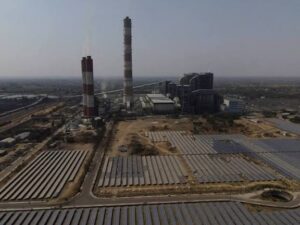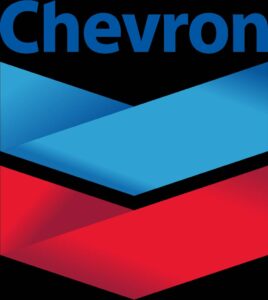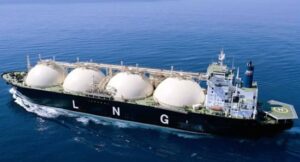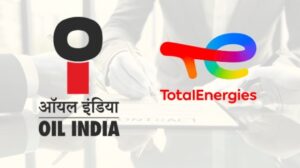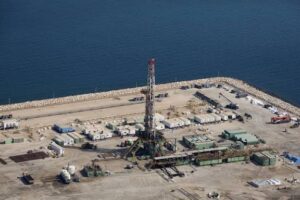The Nigerian Content Development and Monitoring Board (NCDMB) has announced a major human capacity development initiative that will train over 10,000 Nigerians in key technical and digital skills demanded across the oil and gas industry.
According to the Board, the Oil and Gas Field Readiness Training Programme aims to close existing skill gaps and prepare young Nigerians for opportunities arising from new multi-billion-dollar energy projects recently launched in the country.
Executive Secretary of NCDMB, Engr. Felix Omatsola Ogbe, explained that the programme was designed after consultations with industry stakeholders and a review of expatriate quota applications. He said the findings revealed critical areas where local manpower is needed to meet the sector’s growing technical demands.
Participants will receive training in 10 priority skill areas, including subsea engineering, underwater welding, automation and control systems, helicopter piloting, marine operations, production maintenance, quality assurance, geoscience, and emerging digital technologies such as artificial intelligence, data analytics, and drone applications.
The programme, open to Nigerians under 35 with relevant technical or science-based qualifications, will run for two to three years. It will combine classroom sessions, laboratory work, professional certification, and a minimum of six months of on-the-job training in partnership with oil service companies.
Engr. Bamidele Abayomi, NCDMB’s Director of Capacity Building, said trainees will receive stipends, safety gear, medical checks, and insurance coverage during the exercise. Graduates who successfully complete the programme will be added to NCDMB’s national skills database, making them visible to major operators and service firms in the industry.
The Board linked the initiative to President Bola Tinubu’s Renewed Hope Agenda and the government’s push toward a $1 trillion economy. It also aligns with Section 10 of the Nigerian Oil and Gas Industry Content Development (NOGICD) Act, which mandates giving Nigerians priority in employment and training for oil sector projects.
The training comes as Nigeria sees renewed investments in gas and deepwater projects, including Shell’s $2 billion HI Field Gas Project and TotalEnergies’ $550 million Ubeta Project—signaling a fresh wave of activity expected to create thousands of skilled jobs across the industry.


